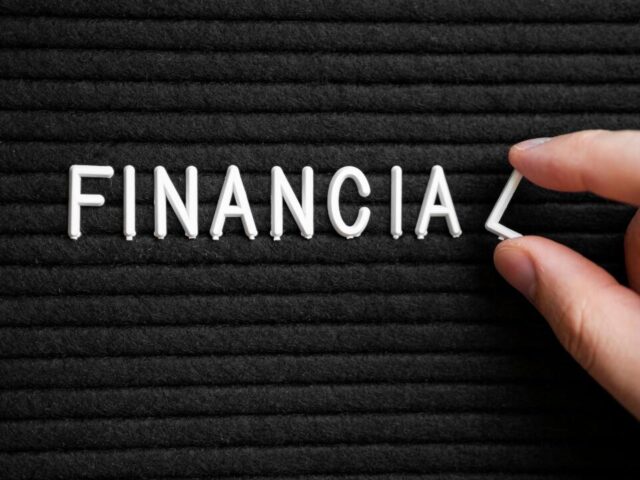Confidence in South Africa’s economy has sunk to a record low of 27% as residents in the Northern Cape and the rest of the country face crippling power failures, rampant unemployment and a slumping domestic currency, a study by Old Mutual has revealed.
CONFIDENCE in South Africa’s economy has sunk to a record low of 27% as residents in the Northern Cape and the rest of the country face crippling power failures, rampant unemployment and a slumping domestic currency, a study by Old Mutual has revealed.
The income gap has widened with consumers borrowing more, transferring their children to more affordable schools, relying more on discounts to buy groceries and piling up debt, the annual study showed.
Consumer confidence peaked at 56% in 2015, it added.
“I would think South Africa is becoming a more unequal society,” said Vuyokazi Mabude, head of Knowledge and Insights at Old Mutual, in an interview.
The survey of workers earning R8,000 to R99,999 rand a month found that wealthier South Africans are emigrating and investing in offshore assets, while lower income earners are increasingly turning to gambling.
Workers have only three months of income saved and one out of every three mortgage borrowers is falling behind in payments, the survey of 1,518 respondents in April and May showed.
South Africa, downgraded to below investment grade by credit rating agencies three years ago, suffered its worst ever power failures this year and its freight rail infrastructure frequently faces theft and vandalism.
Unemployment rose to 32.9% in the first quarter, increasing the risk that social unrest will resurge two years after widespread looting in some cities. Its municipalities, including those in the Northern Cape, have struggled to provide basic services.
South Africa, which is impartial in Russia’s war against Ukraine, faced a diplomatic crisis in May after the US envoy accused it of loading weapons onto a Russian ship. The crisis depressed the currency and domestic bond market, triggering fears of secondary sanctions.
– REUTERS








